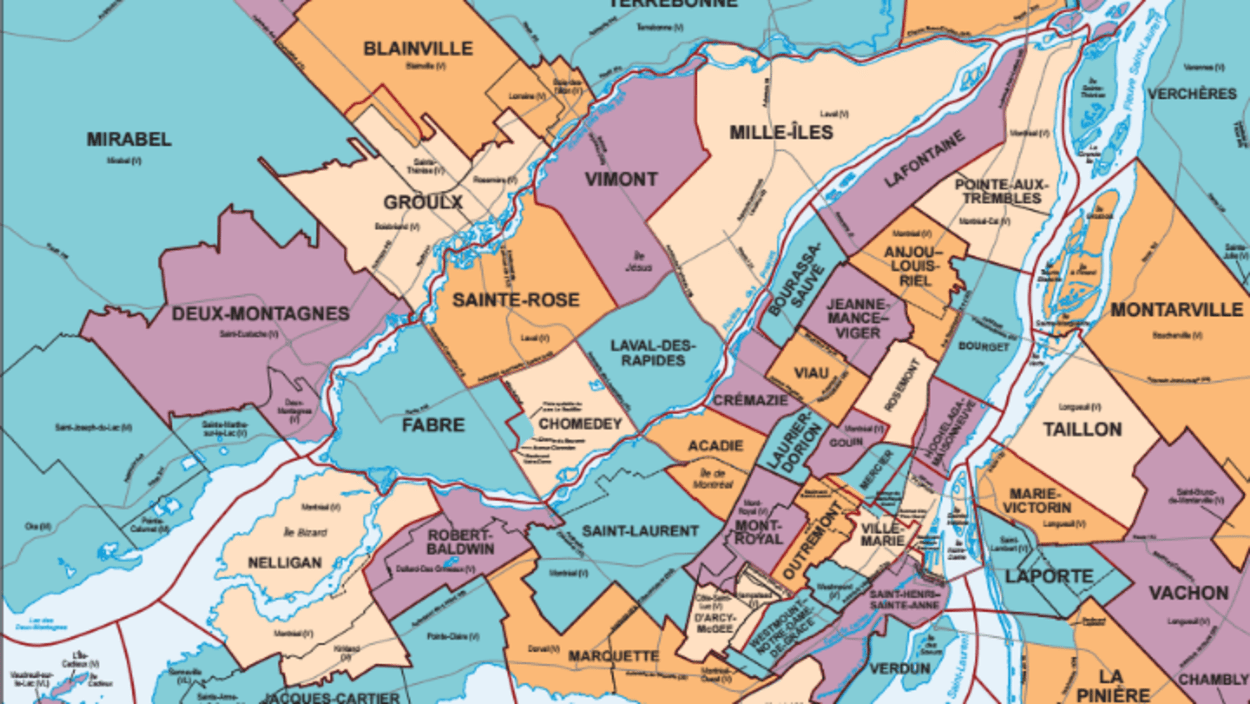Already under-represented in the National Assembly, Quebec’s English-speaking minority may soon see its political influence in the province weakened further.
The minister responsible for electoral reform in the Legault government, Sonia LeBel, recently reiterated the governing Coalition Avenir Québec party’s pre-election commitment to propose legislation next year to change the province’s voting system.
Jointly with the Parti Québécois and the Québec solidaire and Green parties, the CAQ agreed last May to the introduction of a form of proportional representation.
With proportional representation, a party’s share of the seats in the Assembly would match its share of the vote in the general election. So, a majority government could no longer be elected by a minority of voters.
The four-party agreement would create two classes of MNAs. In addition to riding representatives, there would be “compensatory” members to adjust each party’s final share of the seats to its share of the vote.
For voters, it would be simple enough. In a general election, they’d cast two ballots: one for a candidate for riding MNA, and another for a party, which could be different from that of the candidate.
It’s the counting that would be complicated.
In the proposal by the Mouvement Démocratie Nouvelle (MDN) on which the four-party agreement is based, there would be 127 MNAs. But only 77 of them would still represent ridings.
People who most often speak English at home make up 10 per cent of Quebec’s population, but are the largest language group in only a half-dozen of the present 125 ridings, all in the western half of Montreal Island.
In the MDN proposal, the Island would be divided into 18 ridings instead of the present 27. So, because the English-speaking population would be concentrated in fewer ridings, it would control even fewer seats than it does now.
Then there would be the compensatory MNAs, 50 of them. For the purpose of choosing them, the province would be divided into nine regions. The Island would be the region with the most seats, with 12 compensatory members in addition to its 18 riding representatives.
But how accountable the compensatory MNAs would be to the voters of their respective regions in general, and to Montreal anglos in particular, is open to question. For they would not be elected directly by the voters they supposedly represent.
Rather, a region’s compensatory seats would be distributed among the parties by a method incomprehensible to the average citizen. It would take into account the province-wide election results as well as the party vote in the region. And those seats would be filled from lists of candidates in order of their ranking by their parties.
So, compensatory MNAs for, say, Montreal Island would owe their seats more to their parties, and to the parties’ supporters in the rest of Quebec, than to the voters of the Island itself.
And a region’s representation in the Assembly wouldn’t necessarily respect the will of its voters.
An MDN webinar explaining (badly, and in French only) how the system would work includes a simulation for a region in which a party was the clear first choice of the region’s voters on both the riding and party ballots.
With the compensatory seats added, however, that party ended up in a three-way tie in total seats for the region.
Incidentally, there is almost no readily available information on the proposal in English. On the website of the province’s chief electoral officer, there is only a hard-to-find summary of the 2007 report on which the MDN proposal is based (electionsquebec.qc.ca/documents/pdf/Resume-va.pdf).
And finally, the MDN proposes measures to address the under-representation in the Assembly of women, “persons with immigrant backgrounds or visible minorities,” and First Nations and Inuit.

























